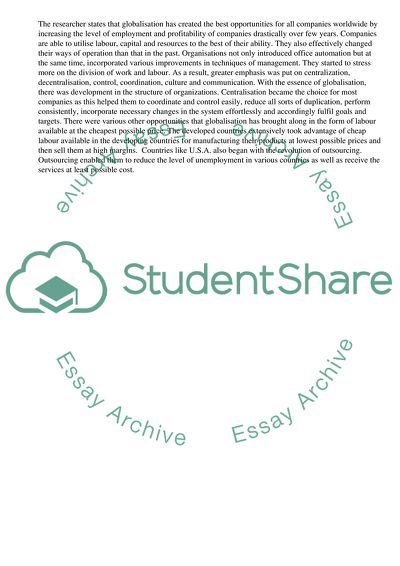Cite this document
(“Globalisation and Its Effects on Organisations Essay”, n.d.)
Globalisation and Its Effects on Organisations Essay. Retrieved from https://studentshare.org/business/1632579-globalisation-and-its-effects-on-organisations-all-over-the-world
Globalisation and Its Effects on Organisations Essay. Retrieved from https://studentshare.org/business/1632579-globalisation-and-its-effects-on-organisations-all-over-the-world
(Globalisation and Its Effects on Organisations Essay)
Globalisation and Its Effects on Organisations Essay. https://studentshare.org/business/1632579-globalisation-and-its-effects-on-organisations-all-over-the-world.
Globalisation and Its Effects on Organisations Essay. https://studentshare.org/business/1632579-globalisation-and-its-effects-on-organisations-all-over-the-world.
“Globalisation and Its Effects on Organisations Essay”, n.d. https://studentshare.org/business/1632579-globalisation-and-its-effects-on-organisations-all-over-the-world.


